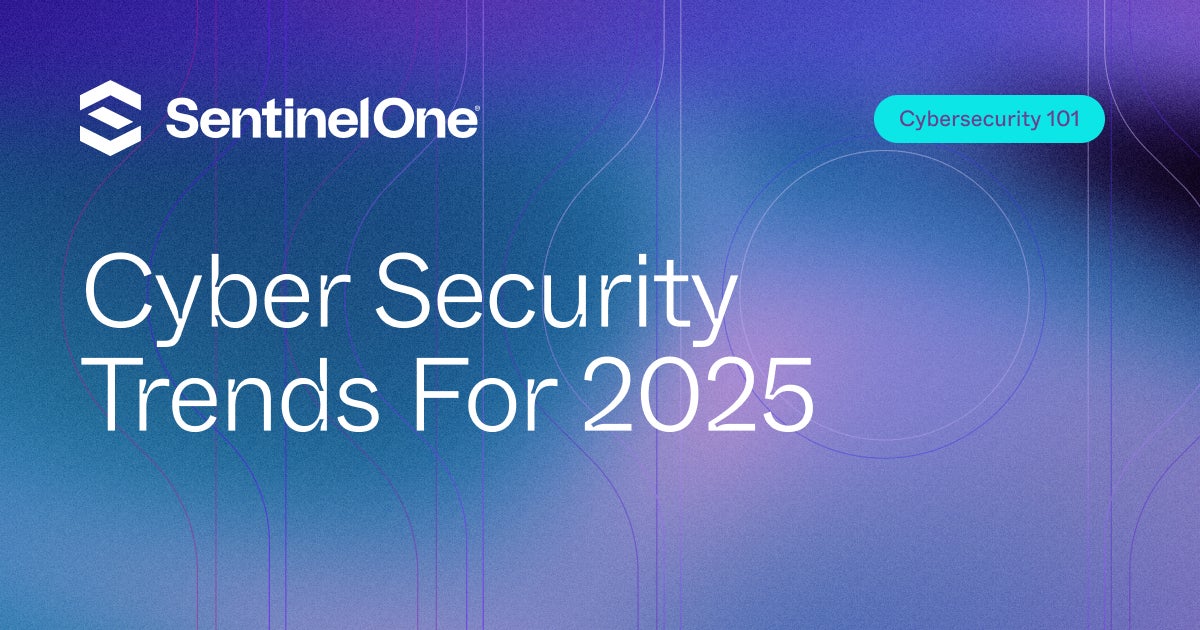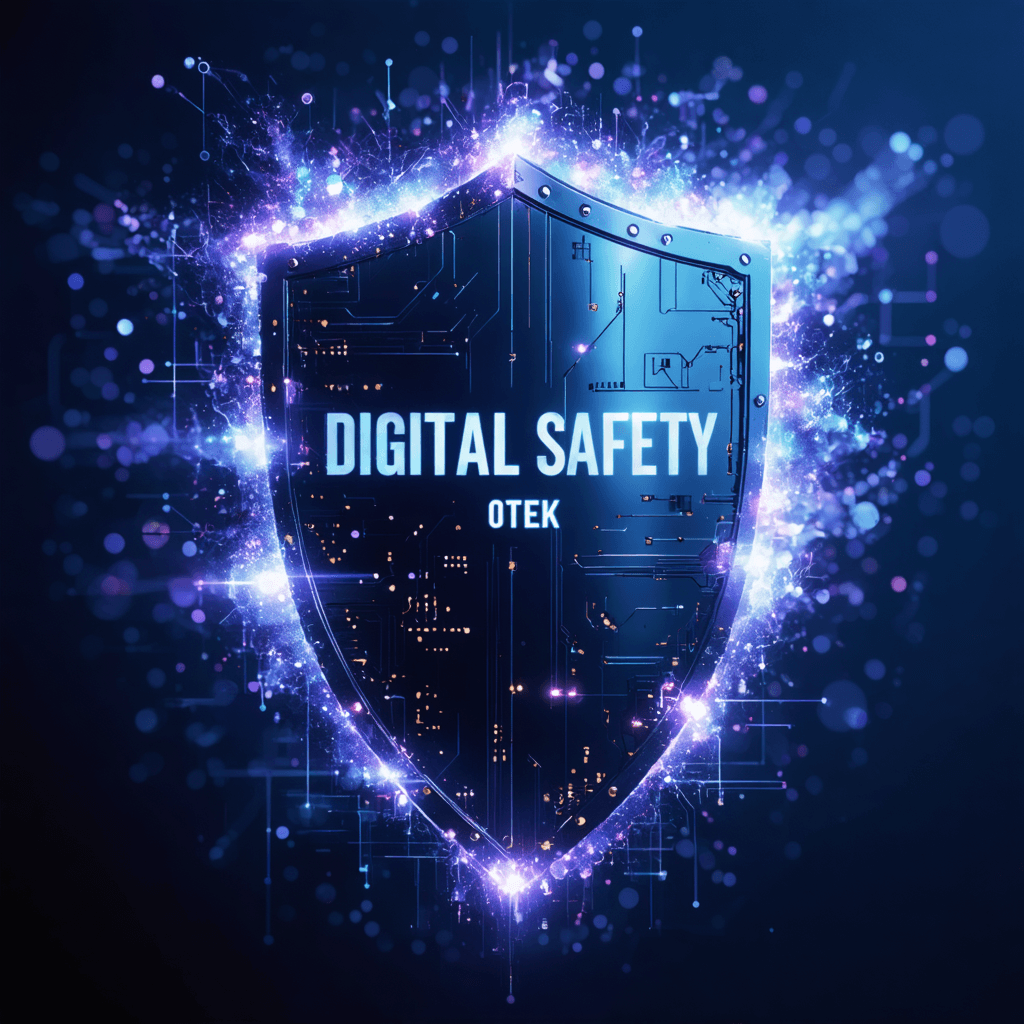7 Game-Changing Cybersecurity Trends That Will Reshape Your Digital Safety in 2024
The cybersecurity landscape is rapidly evolving, bringing both unprecedented challenges and innovative solutions. Let's dive into seven transformative trends that are reshaping digital security in 2024 and beyond.

1. AI-Powered Threat Detection and Response
Artificial Intelligence has become the cornerstone of modern cybersecurity defense systems. Machine learning algorithms now analyze patterns and detect anomalies in real-time, offering unprecedented protection against sophisticated cyber threats. Organizations are increasingly deploying AI-driven security operations centers (SOCs) that can process millions of security events per second, dramatically reducing response times and improving threat detection accuracy.
2. Quantum-Ready Encryption
The looming threat of quantum computing has sparked a revolution in encryption technologies. As quantum computers become more powerful, traditional encryption methods are at risk of becoming obsolete. Organizations are now implementing quantum-resistant cryptography and preparing their infrastructure for the post-quantum era. This proactive approach ensures data security remains intact even as quantum computing capabilities advance.

3. Zero Trust Architecture Goes Mainstream
The "never trust, always verify" principle has evolved from a buzzword to a fundamental security framework. Zero Trust Architecture (ZTA) is now being widely adopted across industries, with organizations implementing continuous verification processes for all users, devices, and applications. This approach significantly reduces the risk of lateral movement within networks and contains potential breaches more effectively.
4. Enhanced Cloud Security Posture Management
As cloud adoption continues to accelerate, Cloud Security Posture Management (CSPM) has become critical. Organizations are implementing advanced CSPM solutions that provide continuous monitoring, automation, and security assessment of cloud infrastructure. These tools help identify misconfigurations, compliance violations, and potential vulnerabilities across multi-cloud environments.
5. Rise of Autonomous Security Systems
Autonomous security systems powered by advanced AI are becoming increasingly prevalent. These systems can automatically detect, analyze, and respond to threats without human intervention, providing 24/7 protection against cyber attacks. This automation is particularly crucial as cyber threats become more sophisticated and frequent.

6. Extended Detection and Response (XDR)
XDR platforms are revolutionizing how organizations approach threat detection and response. By integrating data from multiple security tools and providing a unified view of threats across endpoints, networks, and cloud workloads, XDR enables more effective and efficient security operations. This holistic approach to security is becoming essential for managing complex digital environments.
7. Privacy-Enhancing Computation
As privacy regulations become stricter globally, privacy-enhancing computation technologies are gaining prominence. These technologies allow organizations to process and analyze sensitive data while maintaining privacy and compliance. Techniques such as homomorphic encryption and secure multi-party computation are becoming standard tools in the cybersecurity arsenal.
Practical Implementation Steps
To stay ahead of these trends, organizations should:
- Conduct regular security assessments to identify gaps in current security posture
- Invest in AI-powered security tools and automation
- Develop a quantum-ready transition plan
- Implement Zero Trust Architecture principles
- Enhance cloud security monitoring and management
- Train staff on emerging threats and security best practices
- Regularly update security policies and procedures
Looking Ahead
The cybersecurity landscape continues to evolve at an unprecedented pace. Organizations must stay informed about these trends and adapt their security strategies accordingly. The key to success lies in building resilient security frameworks that can evolve with emerging threats while maintaining operational efficiency.
Ready to enhance your cybersecurity knowledge and stay ahead of these trends? Explore our comprehensive cybersecurity courses and resources at 01TEK. Our expert-led programs will equip you with the skills and knowledge needed to navigate the complex world of digital security. Visit 01TEK's Cybersecurity Training Portal today to start your journey toward becoming a cybersecurity expert.
Sources:
It’s easier to ask forgiveness than it is to get permission
Grace Hopper



